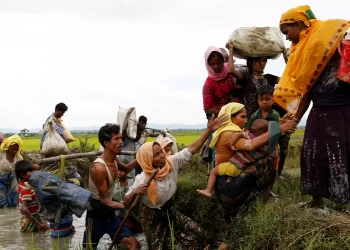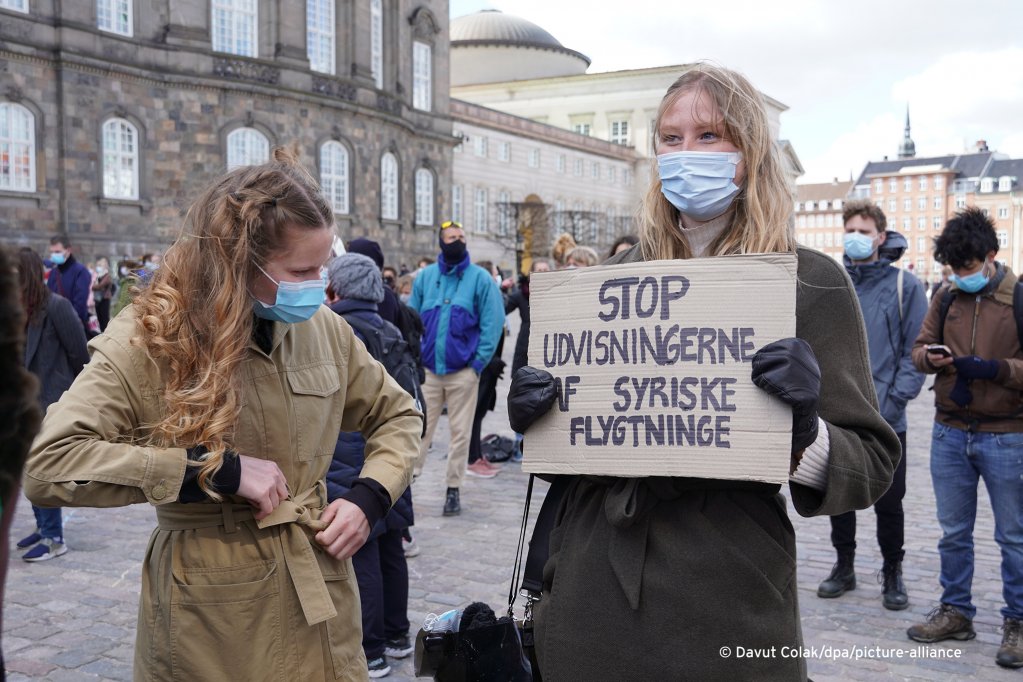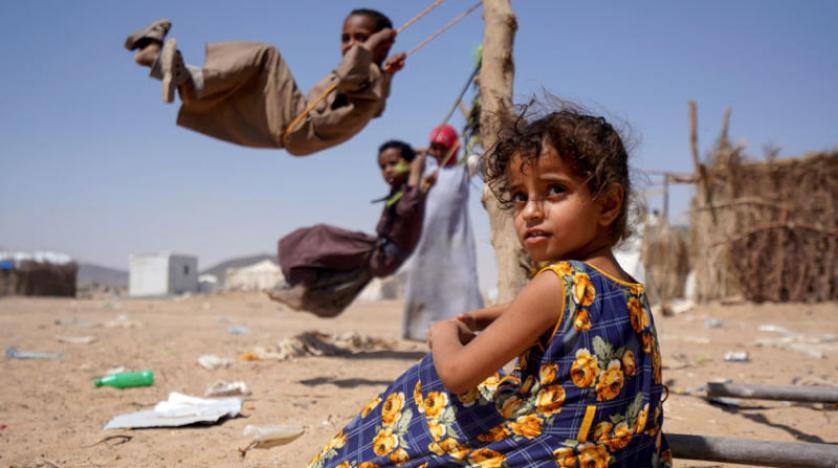A treaty aimed at addressing crimes against humanity on a global scale has been under discussion for a decade, presenting a vital opportunity for states, particularly those from the Asia-Pacific region, to take significant action. Next week in New York, these countries can play a pivotal role in moving towards the establishment of this important treaty.
The necessity for such a treaty is indisputable. No corner of the globe is untouched by crimes against humanity. Over the past decade, human rights organizations have documented atrocities in no fewer than 18 countries across various regions. The Asia-Pacific itself bears witness to a troubling history and present, with egregious violations recorded in nations such as Japan, Cambodia, Timor-Leste, and Sri Lanka in the past. Current violations are evident in Afghanistan, China’s Xinjiang region, Myanmar’s treatment of the Rohingya, and the ongoing human rights crisis in the Philippines related to its “war on drugs.”
In early April, a committee of the United Nations General Assembly will convene to deliberate on a proposed international response aimed at this pervasive issue. What might appear to be a technical formality for experts is, in reality, a critical opportunity to enhance the global framework for international justice and accountability.
Now is the moment for Asian states to demonstrate leadership in championing human rights and ensuring that the ongoing discussions are translated into meaningful action against impunity for crimes against humanity.


















